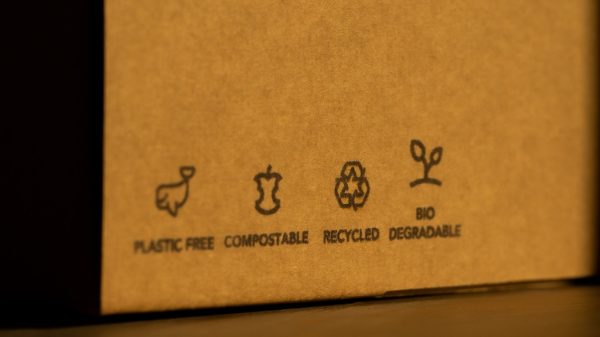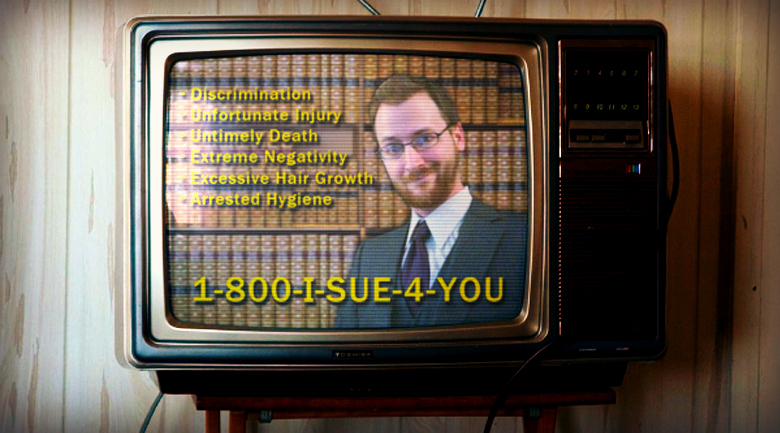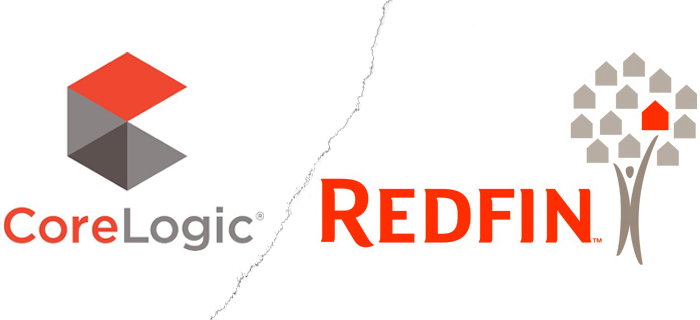
Confusing ruling about a mathematical algorithm
Chief Judge Leonard Davis of the U.S. Supreme Court in the Eastern District of Texas has dismissed a patent claim1 filed in 2012 by Uniloc USA against Rackspace, ruling that mathematical algorithms cannot be patented. Uniloc claimed that the processing of floating point numbers by the Linux operating system was a patent violation, but even non-tech people should take note of this case as it could impact similar cases.
The ruling immediately raised eyebrows as there are numerous algorithms already patented like Google PageRank and Facebook’s EdgeRank, both of which use a mathematical algorithm to operate. Critics of the suit were frustrated as there are so many mathematical components that are patented, even segments of DNA have patents on them, as do corn kernels that have been slightly modified by Monsanto. Advocates note that Uniloc was not properly prepared for the case which is truly why it was thrown out, not necessarily the algorithm.
Rackspace notes that this is the first time this District Court has granted an early motion to dismiss finding a patent invalid because it claimed unpatentable subject matter.
“These suits are a plague on innovation”
According to TechCrunch, Red Hat supplies Linux to Rackspace and says that they have a policy of standing behind customers through its Open Source Assurance program.
Rob Tiller, Red Hat’s Assistant General Counsel for IP told TechCrunch, “NPE patent lawsuits are a chronic and serious problem for the technology industry. Such lawsuits, which are frequently based on patents that should never have been granted, typically cost millions of dollars to defend. These suits are a plague on innovation, economic growth, and job creation. Courts can help address this problem by determining the validity of patents early and with appropriate care. In this case, Judge Davis did just that, and set a great example for future cases.”
Will other judges rule as Judge Davis did, or will they buy into the idea that all algorithms mathematical and can therefore be protected? Was this a case of poor preparation or a court that doesn’t understand the intricacies of math? Does it matter if a judge is simply ruling based on the existing law? Tell us in the comments below what you think of this ruling.
Marti Trewe reports on business and technology news, chasing his passion for helping entrepreneurs and small businesses to stay well informed in the fast paced 140-character world. Marti rarely sleeps and thrives on reader news tips, especially about startups and big moves in leadership.







































